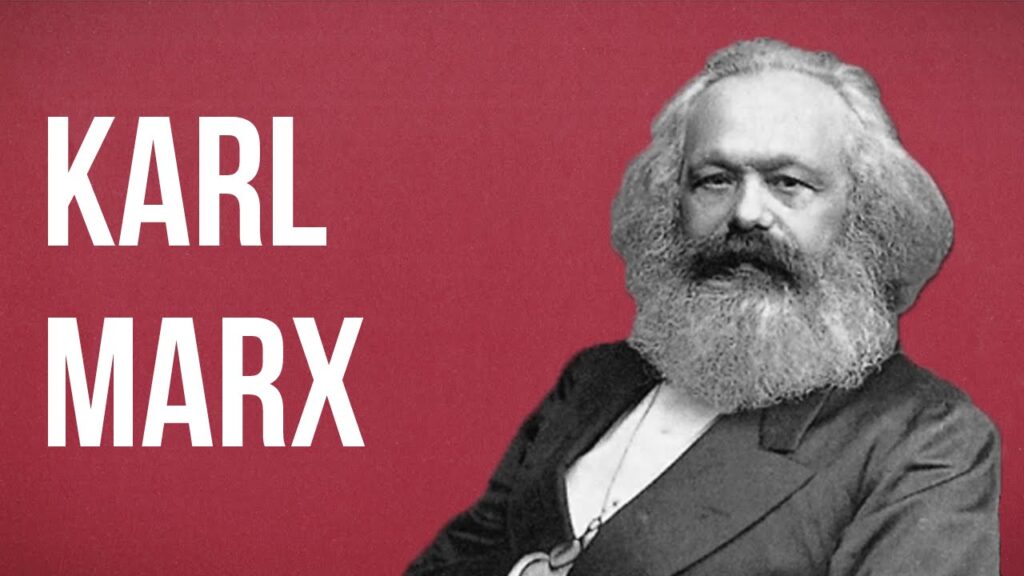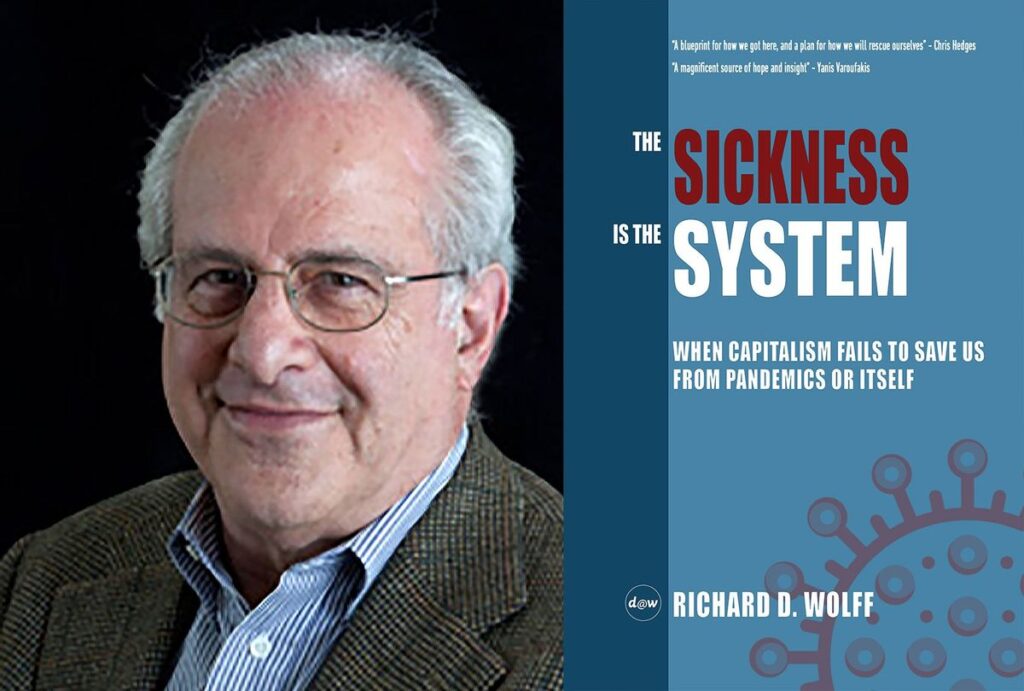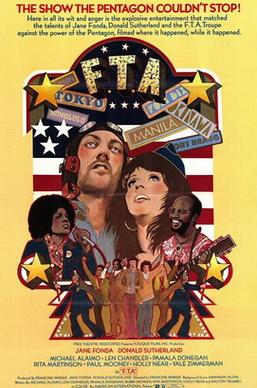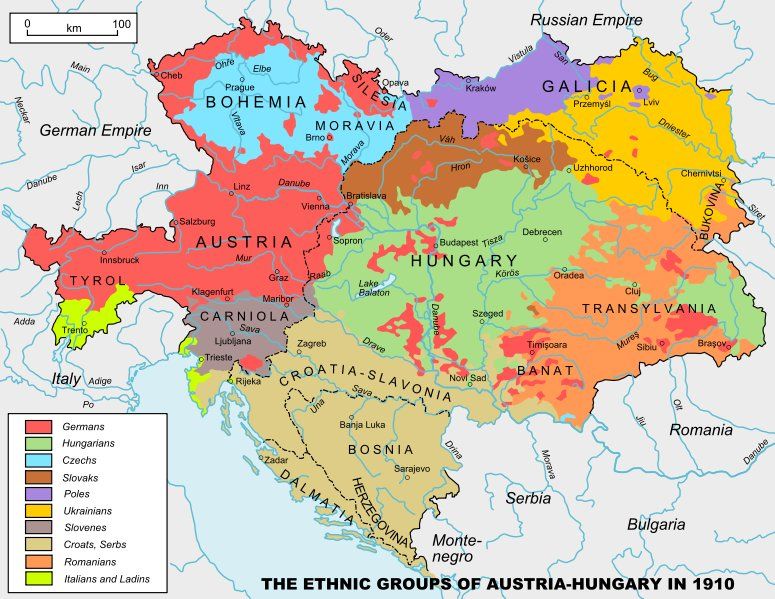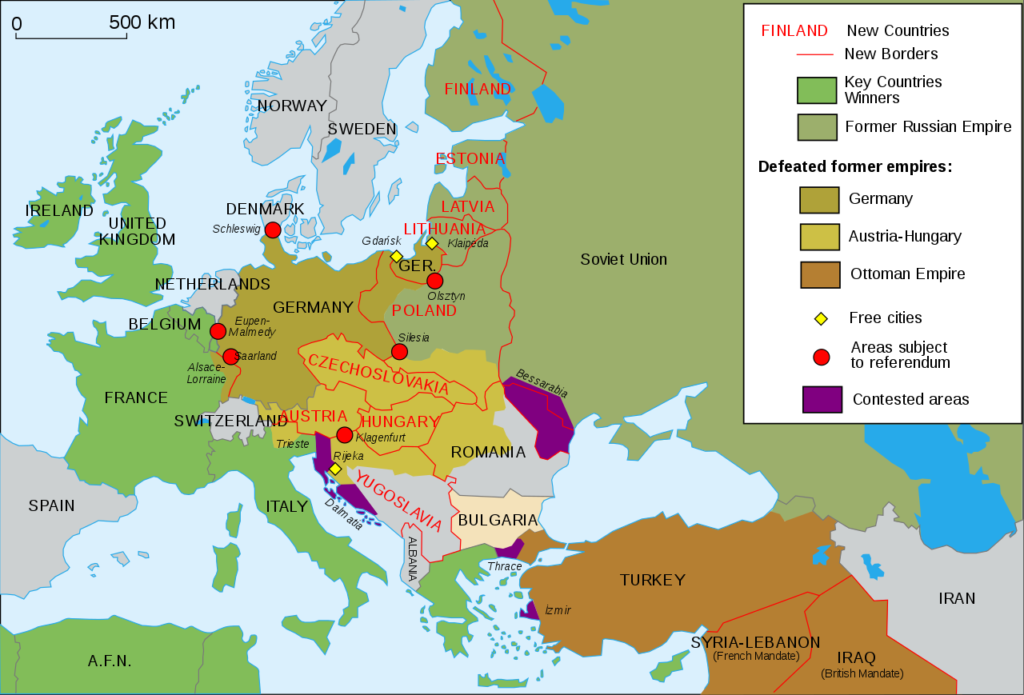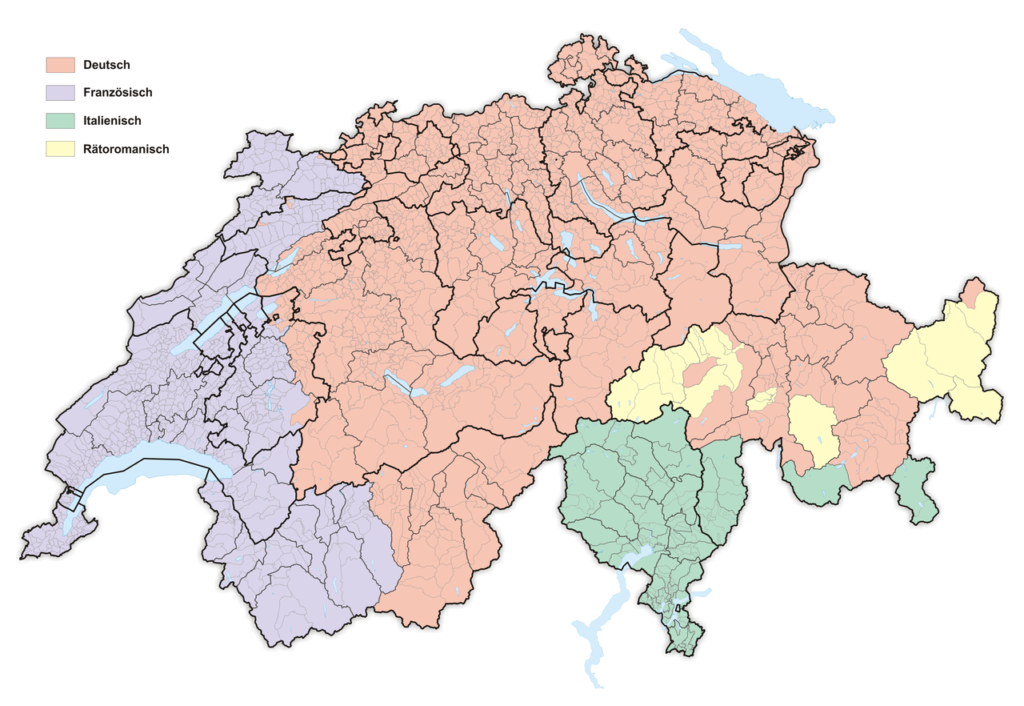All over the world there are people who live in small villages, grow their own food and raise animals for food as well. I am especially interested in how this is possible in eastern Europe. It is possible, of course, if one has access to free subsistence land. And, without the infrastructure of water pipes, gas pipes, or an electric grid, or a sewer system, this is comparable to living on a homestead in the 19th century American frontier. Water is obtained from wells or a spring, heating is by burning wood, and a toilet is an out-house.
I have previously posted: “A documentary of how an American lived for 6 weeks in a Ukrainian village”. This gives you a good feel of how such a life is lived in a Ukrainian village.
But I keep looking for other videos. Recently I watched the following video:
Village Life in Romania
What struck me and stuck in my brain in this video was the comment of an old woman living in a remote village. She said, “”We have everything but we have no money.” She did not mean this literally because she was receiving a small pension from the government. The way I interpret what she said is this: We have all the necessities for life, but we have no money for luxuries. By “luxuries” I mean to include all those things which lessen the burdens of living.
What has puzzled me about village life in eastern Europe is: What about property taxes?
I found the following facts about property taxes in Ukraine. Unlike the property taxes in the United States, and most of Europe, which are based on an assessment of the worth of your property on the real estate market, in Ukraine property taxes are based on the square meter of your dwelling. An apartment dwelling of 60 square meters (645.8 square feet) and a house of 120 square meters (1291.6 square feet) are not taxed at all. And each additional square meter is taxed at the rate of 1.5% of the minimum national living wage. [This is about $216 dollars a month; so, each additional square meter of space would cost about $3.24.] My house in Chicago is 121 square meters and the assessed property value in 2017 was $303,220. My property tax in 2017 was $5,772.80 (this is with an exemption for our ages). In Ukraine, my property tax would have been $3.24
In addition, according to Article 121 of the Ukrainian Land Code each citizen has a right to get land for free. [See: “How to get land in Ukraine for free?”]
So, at least in Ukraine, it is still possible to live without money.
You may be wondering why this an issue?
I view city-life as being precarious. What happens when the infra-structure collapses as it did in New Orleans during Hurricane Katrina in 2005:
In general, a city is a Technology Trap.


